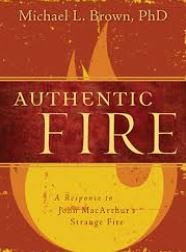If Jesus can restore Peter - Jesus can restore you!

One of the saddest parts of the Easter story occurred the night Jesus was arrested. His disciple Peter was stressed to the breaking point and fearful of the crowd. When the high priest's servant girl accused him of being a disciple of Jesus, he denied it. When the girl repeated her accusation to some bystanders, he denied knowing Jesus again. When others questioned him, the Bible says Peter "began to invoke a curse on himself, and to swear, 'I do not know this Man of whom you speak" (Mark 14:71). The brave disciple who had promised Jesus he would follow Him anywhere turned into a pitiful wimp. He caved in under the pressure. Then the rooster crowed, and Peter remembered Jesus' words: "Before the rooster crows twice, you will deny Me three times" (v. 72). This could have been the end for Peter. He wept bitterly and disappeared. He never says anything else in Matthew and Mark's Gospels . Luke says Peter went to Jesus' tomb and found it empty....



